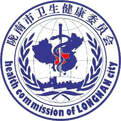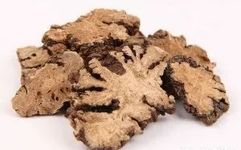Understanding Chinese Herbal Medicine: Chuanxiong (Ligusticum Chuanxiong)
Scan the QR code above Follow us Chuanxiong (Ligusticum Chuanxiong) is a commonly used Chinese medicinal herb, first recorded in the Shennong Bencao Jing (Shennong’s Classic of Materia Medica). It is classified as a medium-grade herb and is known for its ability to invigorate blood circulation and dispel blood stasis. Many of you may be … Read more










